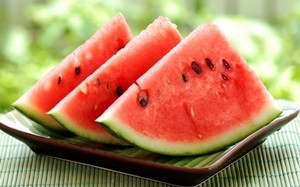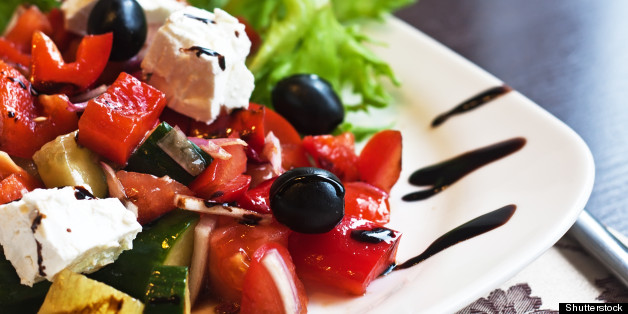Lose Weight > Common Sense To Lose Weight > Common Sense Article > Lose Weight And Burn Fat Fast. Here Are Some Top Proven Methods To Lose Weight And Stay Lean
Lose Weight And Burn Fat Fast. Here Are Some Top Proven Methods To Lose Weight And Stay Lean
Energy: Weight loss and Bioenergetics
When you are serious about losing weight and keeping it off for good, here is some information for you to understand. The law of thermodynamics states that energy cannot be created or destroyed, it can only be transferred from one form to another. As humans we can manipulate protein and carbohydrates to form fat, or protein to form carbs. In other words, you can get fat even if you do not eat much fat in your daily diet. If your caloric expenditure is less than your intake, your body will convert that left over energy into body fat. You need to understand this principle, accept it, and stay focused on what has been scientifically proven for weight loss.
Let's start by going over you some basic knowledge to help you determine how many calories you consume on any given day. Remember, to achieve weight loss you should at least estimate how many calories you intake in a 24 hour period, AND be sure you expend a bit more than that so you can gradually lose weight. This will take some time. Start by keeping food logs or pre packaging meals to track the calories. Use the following information to simplify the process of adding your daily caloric intake.
Energy transferred from food is called a calorie. 1 calorie is = to a heat quantity needed to raise 1 gram of water, 1 degree Celsius. The United States uses the Kilocalorie, which is the heat quantity needed to raise 1kg (1Lt) of water, 1 degree Celsius. Calories are actually Kilo calories.
Energy Food Value: The amount of Kilo calories of energy available to burn per gram of content. Technically speaking the actual food values of different sources are as follows:
Fat (animal) - 9.5 Kcal
Fat (plant) - 9.3 Kcal
Carbs (simple) - 3.74 Kcal
Carbs (complex) - 4.2 Kcal
Protein - 5.65 Kcal
Use the following energy values to estimate the total number of calories you are consuming by counting the number of grams of each energy source by the energy value. Use these numbers when calculating your daily caloric intake.
Protein/Carbohydrates - 4kcal/gram
Fats - 9kcal/gram
Example: Let's say that in one day you consume 500 grams of carbs, 100 grams of protein, and 50 grams of fat. You calculate your total caloric intake like this:
500 grams of carbs x 4kcal = 2,000 calories
100 grams of protein x 4kcal/gram = 400 calories
50 grams of fat x 9kcal/gram= 450 calories
TOTAL =2,850 calories
Remember, the food we eat, is digested, then is either stored as energy - potential energy (a.k.a. fat), or it is used for fuel as kinetic energy. Use sound, scientifically proven methods for long-term weight loss. Understanding some basic truths about food values will give you the knowledge of what it takes to lose weight without any expensive, and usually dangerous, diet pills or supplements.
Related Articles
-
Weight Loss Tips And Great Home Remedies For Weight Loss
Weight loss: Weight loss is a reduce in body weight resulting from ei
-
Weight Loss Myth? You Should Drink Eight Glasses of Water a Day
Lots of diet plans are saying that drinking water can help with weigh
-
7 Habits That Will Get You Healthy & Fit For Life
-
All About Fat Loss Gels
Another popular method of fat loss is by use of fat loss creams and tr
-
Eroved Weight Loss Product Review
This product is being advertised to be the best solution for weight lo
-
Weight Loss With Exericse, Not Only Through Calorie Restriction
Men and women who lose weight by cutting calories also may be losing b
- DON'T MISS
- Components of Healthy Diet Solution Recipes
- 13 Losing Weight Tips And Diet Myths
- Weight Loss FAQ
- Achieving Wellness through Positive Body Image
- Choosing The Right Weight Loss Clinic
- EATING DISORDERS
- 6 Weight Loss Tips You Cant Do Without Them
- Functional Foods: Cholesterol Lowering Spreads
- Will I Lose Weight Simply With The Slim Weight Patch Diet?
- Exercise Regimen To Lose Weight - Fat Losing Exercise




